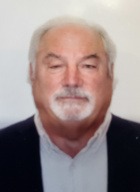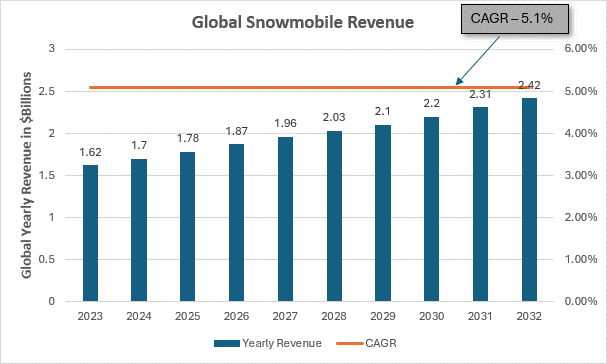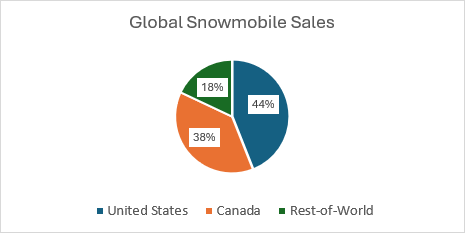Rising Inventory Levels Challenge Auto Dealers
INDIA REPORT

The Indian automotive market is grappling with a significant inventory challenge, with passenger vehicle stock levels reaching 55 to 60 days’ worth, equating to approximately 550,000 to 600,000 unsold vehicles as of May 2024. This rise in inventory has been a concern for auto dealers, who are already feeling the strain from prolonged high inventory levels. During the previous festive season, inventory levels surpassed 60 days, prompting the Federation of Automobile Dealers’ Associations (FADA) to request reductions in stock dispatches from OEMs and the Society of Indian Automobile Manufacturers (SIAM).
The increasing inventory is placing considerable financial pressure on dealerships. Longer inventory holding periods impact cash flow and increase interest costs, making it challenging for dealers to manage their finances effectively. In response to this growing issue, FADA plans to approach SIAM to advise its members on moderating stock inflow and addressing the inventory surplus.










